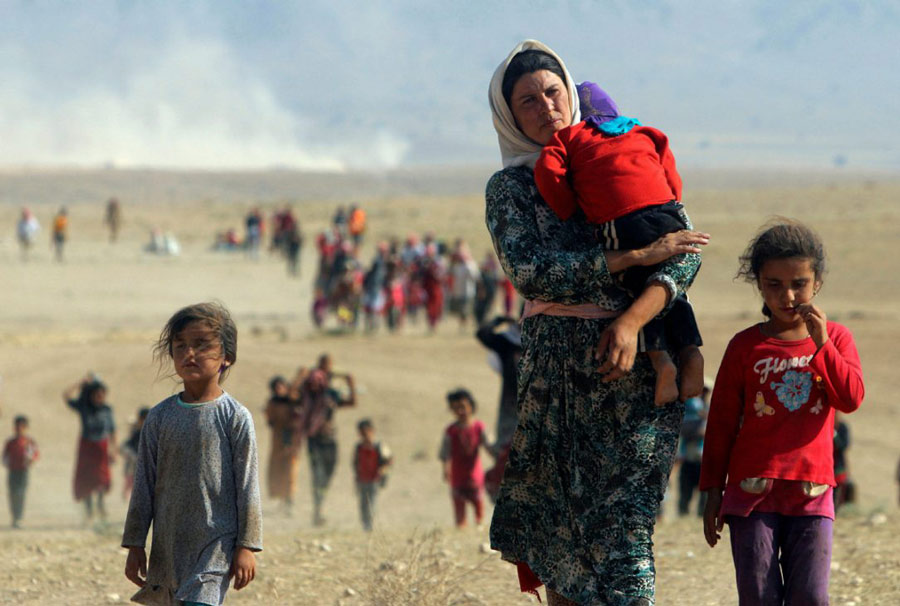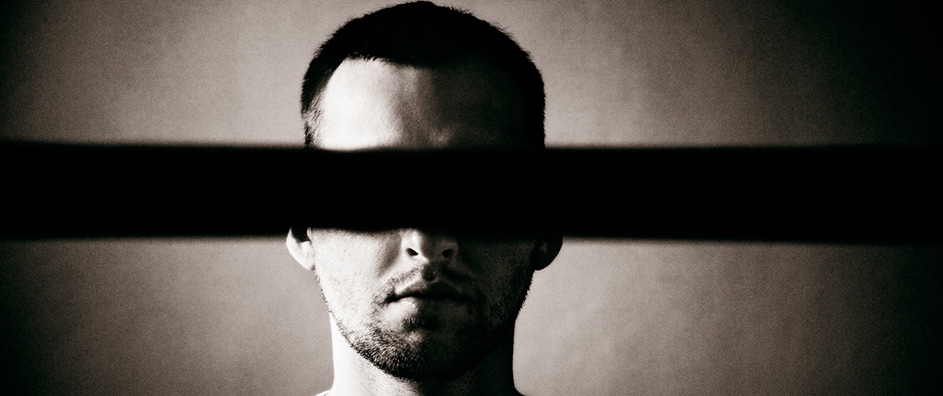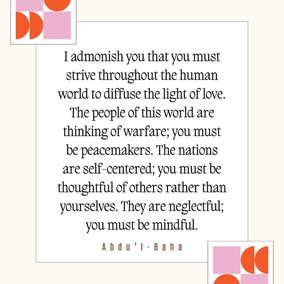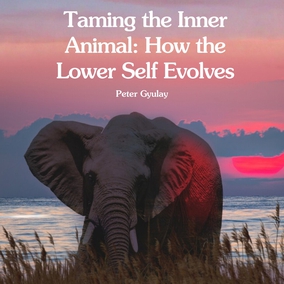The views expressed in our content reflect individual perspectives and do not represent the authoritative views of the Baha'i Faith.
Earlier this year, a series of terrible eyewitness reports from the Iraqi city of Mosul began to filter out to the rest of the world. They indicated that ISIS—the so-called Islamic State—had publicly executed 19 innocent captive Yazidi girls and women for refusing to have sex with ISIS fighters. The women were burned to death in iron cages, several sources said.
Just writing these words outrages me. Reading them will likely outrage you, too.
As with every display of vile human savagery, events like this bring up a whole host of emotions inside us—anger, rage, revenge. We want to redress these crimes by severely punishing the perpetrators. We naturally want vengeance for such heinous acts. After these gruesome deaths, calls came from all over the globe for severe retribution, asking that the killers be brought to justice, tried, convicted and executed—by fire.

Assuming that the killers were caught, what would you recommend doing with them? Would you agree that a fitting punishment would be exactly the same kind of terror, pain and death they inflicted on innocent women? This sort of eye-for-an-eye, Old Testament-style justice—could it still be applied in today’s world? Do we have the right, as a global community, to burn those who burn their innocent victims?
The Baha’i teachings initially seem to say yes to that question:
Should anyone intentionally destroy a house by fire, him also shall ye burn; should anyone deliberately take another’s life, him also shall ye put to death. – Baha’u’llah, The Most Holy Book, p. 41.
Later in the same book, though, the Universal House of Justice writes:
In relation to arson, this depends on what “house” is burned. There is obviously a tremendous difference in the degree of offence between the person who burns down an empty warehouse and one who sets fire to a school full of children. – Ibid., p. 204.
This indicates a recognition in Baha’i law of the “degree of offense” between property crimes and crimes against persons. But in the case of the alleged ISIS executions, it’s hard to imagine a more premeditated and cruel crime committed against many absolutely innocent people.
Even a significant percentage of those who oppose capital punishment in the vast majority of cases say that the death penalty should be reserved for use in some of the most heinous human crimes. Mass murder, genocide, torture and horrific crimes against the innocent usually fall into that category. So let’s consider that question from a Baha’i perspective: when, if ever, should the death penalty be used?
First, the Baha’i teachings clearly say, only duly-constituted governmental authority can make the ultimate decision about the taking of a life—no individual, or religious group or body, ever can:
The instruments which are essential to the immediate protection, the security and assurance of the human race have been entrusted to the hands, and lie in the grasp, of the governors of human society. This is the wish of God and His decree…. – Baha’u’llah, Gleanings from the Writings of Baha’u’llah, p. 206.
Second, the Baha’i teachings say, the old religious laws of an eye for an eye have now been abrogated and superseded by newer and more humane laws:
…according to the law of the Torah if a man committed theft of a certain amount, they cut off his hand. Is it practicable and reasonable in this present day to cut off a man’s hand for the theft of a dollar? In the Torah there are ten ordinances concerning murder. Could these be made effective today? Unquestionably no; times have changed. According to the explicit text of the Bible if a man should change or break the law of the Sabbath or if he should touch fire on the Sabbath, he must be killed. Today such a law is abrogated. The Torah declares that if a man should speak a disrespectful word to his father, he should suffer the penalty of death. Is this possible of enforcement now? No; human conditions have undergone changes. – Abdu’l-Baha, The Promulgation of Universal Peace, p. 404.
In the [Torah] there are ten commandments concerning the murderer. Is it possible to carry these out? Can these ten ordinances, concerning the treatment of murderers, be enforced? Modern times are such that even the question of capital punishment—the one form which some nations have decided to enforce in relation to a murderer—is a mooted question. Wise men are consulting as to its feasibility or otherwise. – Abdu’l-Baha, Star of the West, Volume 4, p. 123.
Moses lived in the wilderness. There were no prisons for the punishment of criminals. Hence, according to the exigency of the time, the law was an eye for an eye and a tooth for a tooth. Is it possible to follow such a law now? In the Torah there are ten commandments concerning murder. These ten ordinances, concerning the treatment of murderers, cannot be enforced now. Even regarding capital punishment, wise men are studying this question, as they maintain that capital punishment should be abolished. – Abdu’l-Baha, Mahmud’s Diary, p. 320.
Third, and perhaps most important, Baha’i law forbids killing:
…let no soul slay another; this, verily, is that which was forbidden you in a Book that hath lain concealed within the Tabernacle of glory. What! Would ye kill him whom God hath quickened, whom He hath endowed with spirit through a breath from Him? Grievous then would be your trespass before His throne! Fear God, and lift not the hand of injustice and oppression to destroy what He hath Himself raised up; nay, walk ye in the way of God, the True One. – Baha’u’llah, The Most Holy Book, p. 45.
So does this mean, in the context of Baha’i law, that any use of deadly force by a government is wrong—or does it only apply to individuals? We’ll explore that crucial question in the next essay in this series.
















Comments
Sign in or create an account
Continue with Googleor